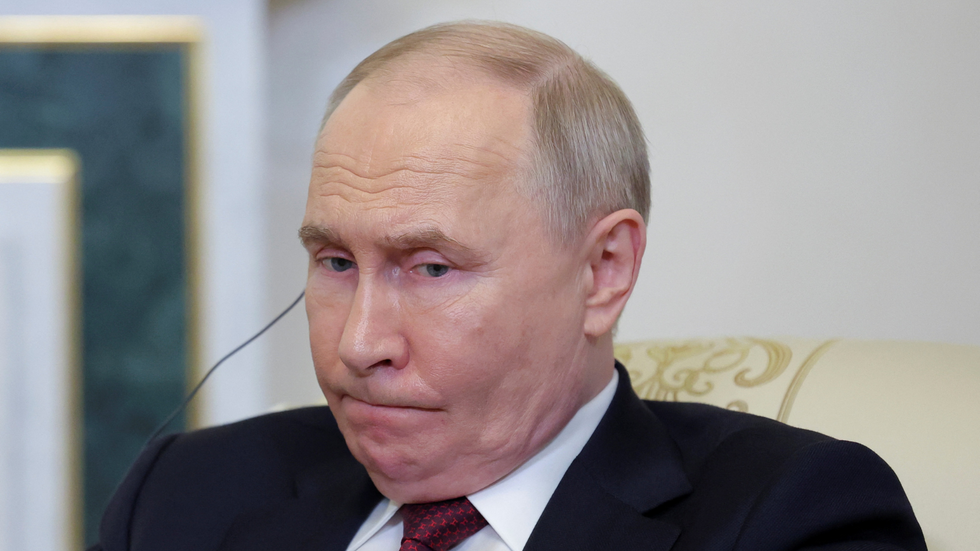Russia is suspected of placing a bomb on a UK-bound plane which later ignited at a warehouse in Birmingham.
Counter-terrorism police are looking into possible links between the fire and Moscow.
Nobody was hurt during the incident and the blaze was put out by local staff and firefighters.
The incident bears striking similarities to a recent case in Leipzig, Germany, where a suspicious device intended for a plane also caught fire at another DHL facility.
 Russia is suspected of placing a bomb on a UK-bound plane, which later ignited at a warehouse in BirminghamGoogle maps
Russia is suspected of placing a bomb on a UK-bound plane, which later ignited at a warehouse in BirminghamGoogle mapsA Metropolitan Police counter-terror spokesman told The Guardian: “On Monday July 22, a package at the location caught alight.
“It was dealt with by staff and the local fire brigade at the time and there were no reports of any injuries or significant damage caused.”
Thomas Haldenwang, head of Germany’s domestic intelligence agency, revealed details of the Leipzig incident during a recent parliamentary briefing.
He explained that if the plane had crashed mid-flight, its wreckage could have landed on German citizens who “sympathise with Vladimir Putin and his goals.”
LATEST DEVELOPMENTS:
- Irish politician spied for Russia during Brexit saga after getting ‘honeytrapped’ by Putin’s spies
- Britons ‘tired of the liberal agenda’ fleeing ‘woke’ UK for Russia as Putin welcomes them with open arms
- ‘At any moment!’ Russia ‘fully ready’ to detonate nuclear bomb in Arctic after Putin’s UK threat
The incident took place in Leipzig, a city in former East Germany (GDR).
Due to a delay, the device set alight at the DHL facility before the flight took off. German officials noted that had it caught fire during the flight, the plane would likely have crashed.
Haldenwang said: “We are observing aggressive behaviour by the Russian intelligence services [that is] putting people’s lives at risk. It affects all areas of our free society”.
In response to the incident, DHL strengthened its security protocols.

Russia’s campaign of hybrid warfare, including sabotage and espionage, is said to be in retaliation for Western military support to Ukraine
Reuters
In August, German authorities warned companies about incendiary devices being sent across Europe, cautioning that more could be in circulation.
Russia’s campaign of hybrid warfare, including sabotage and espionage, is said to be in retaliation for Western military support to Ukraine.
Polish Prime Minister Donald Tusk said it was “quite likely” that Russian spies were behind a fire which destroyed a Warsaw shopping centre in May.